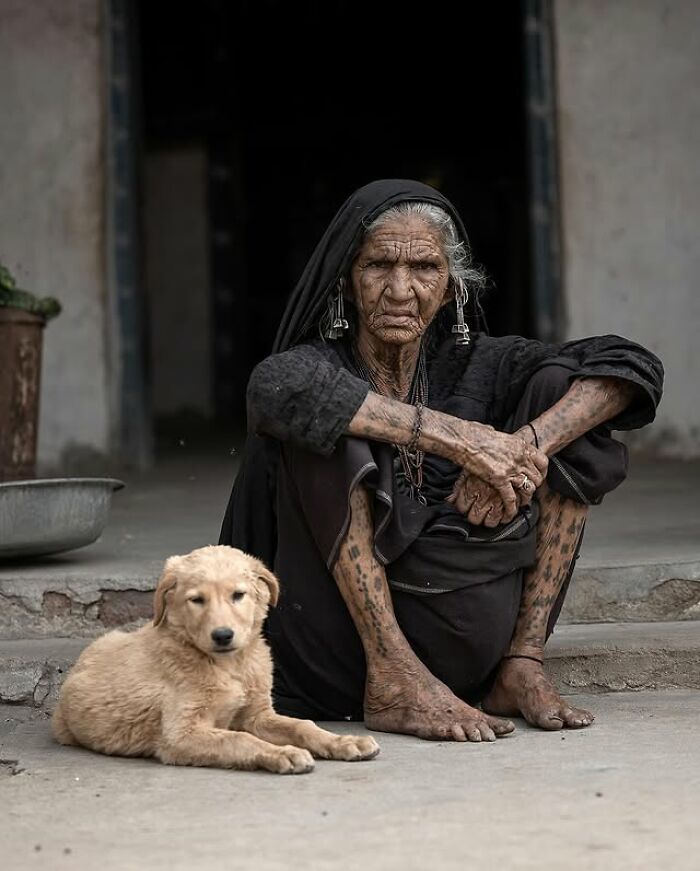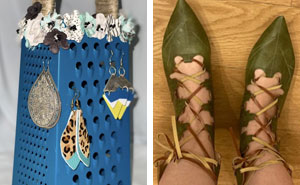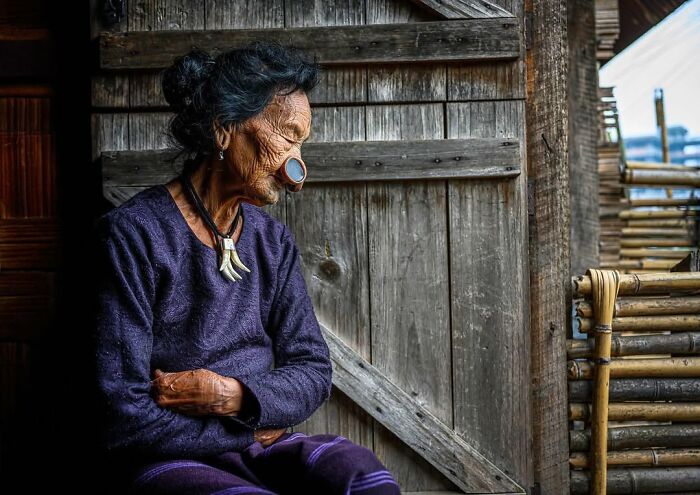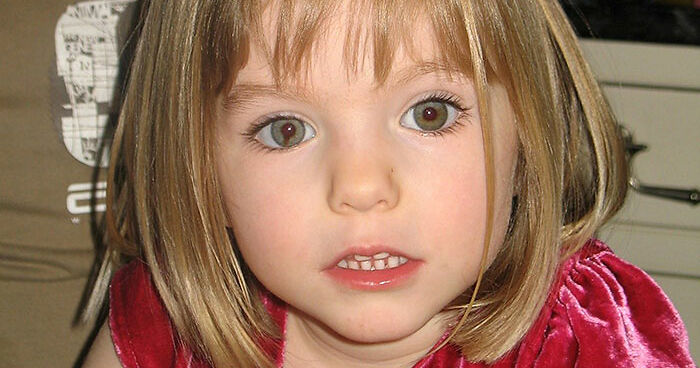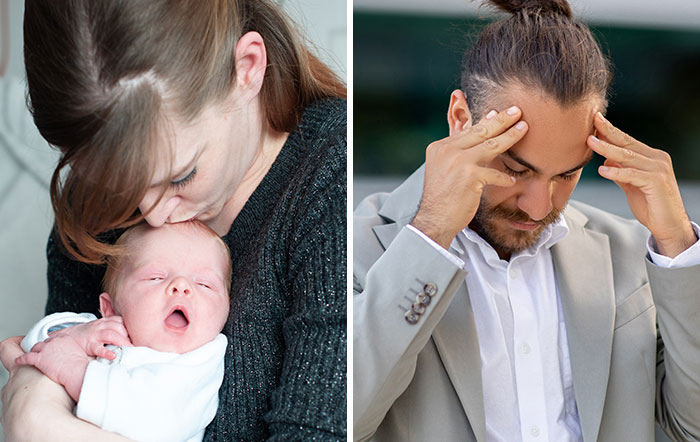
309views
35 Intimate Portraits Of Elderly People Around The World Captured By Massimo Bietti
Many Bored Panda readers may already know Massimo Bietti for his soul-stirring portraits of children around the world. But this time, the Italian photographer turns his lens toward a different kind of story — one etched in wrinkles, wisdom, and quiet resilience. In his series of portraits of elderly people, Bietti captures the kind of beauty that doesn’t shout, but lingers — a beauty rooted in experience, memory, and grace.
At a time when society often glorifies youth and speed, these images invite us to slow down and honor the richness that comes with age. Each face tells a story — not just of survival, but of joy, heartbreak, endurance, and love.
More info: Instagram
This post may include affiliate links.
This image shows a man from the Konyak tribe of Nagaland, India, known for their distinctive facial tattoos and history as headhunters. These tattoos are not just decorative; they carry deep cultural significance, marking the individual's status, achievements, and clan affiliation. The practice of headhunting, once a central part of their culture, has now largely faded, but the tattoos remain as a testament to their past. The man's weathered face, the intricate patterns of the tattoos, and the traditional hat all speak to a rich and complex cultural heritage. The tattoos are applied using thorns and soot, a process that is both painful and time-consuming. The man's attire and the overall image provide insight into the lives and traditions of the Konyak people.
Bietti’s signature style — understated backgrounds, powerful expressions, and poetic composition — draws us into a deeper connection with his subjects. There’s no distraction, just a raw, respectful intimacy that makes you feel like you're sitting quietly with a life you’ll never fully understand, but will never forget.
Getting older, as Bietti’s work reminds us, isn’t about fading — it’s about glowing differently.
The image shows an elderly woman from the Apatani tribe in Arunachal Pradesh, India. This tribe is known for the distinctive facial modifications of its women, including large nose plugs and facial tattoos. The nose plugs, traditionally made from bamboo, were historically worn to make the women less attractive to neighboring tribes, preventing abduction. The facial tattoos, consisting of a line from the forehead to the nose and lines on the chin, also served as a marker of identity. While the practice of nose plugging has been banned since the 1970s, some older women still maintain the tradition.
This image shows an Apatani woman with traditional facial tattoos and nose plugs. The Apatani are a tribal group from the Ziro valley in Arunachal Pradesh, India. The women of this tribe traditionally wear large nose plugs called "yaping hullo" and have vertical lines tattooed across their faces. These modifications were historically used to make the women less desirable to men from other tribes, preventing kidnappings. The tattoos are made with a mixture of pig's fat and soot, and the nose plugs are made of wood.
It might have been helpful to know the age of these amazing people if possible.
This is a photo of a Sadhu, which is a term for a Hindu ascetic or holy person who has renounced worldly life to focus on spiritual liberation. Sadhus often practice severe self-discipline and abstain from indulgence, dedicating themselves to meditation and contemplation of God. They may be seen with ochre-colored clothing, smeared with ashes, or painted vermilion. Sadhus are often seen as wise figures, offering sacred teachings and sage advice. The term "sadhu" can also refer to a good or virtuous man or a sage.
This is a member of the Dani tribe from the Baliem Valley in the central highlands of Papua, Indonesia. The Dani are known for their unique cultural practices and traditions, which include elaborate body paint, distinctive headdresses, and large necklaces made from animal parts. The man in the image is adorned with a dark body paint, a feathered headdress, a large bone necklace, and what appears to be a septum piercing. The Dani people are also known for their agricultural practices, pig festivals, and unique architecture. They are considered one of the most decorative tribes in West Papua.
This appears to be a portrait of an Aymara woman. The Aymara are an indigenous people who live in the Andes region of South America, primarily in Bolivia and Peru. They are known for their vibrant culture, traditional clothing, and strong connection to the land. The woman in the image is wearing a traditional Aymara hat and clothing. The Aymara people have a rich history and culture that predates the arrival of Europeans in South America. They have their own language, customs, and traditions. Many Aymara people still live in rural areas and work as farmers or herders. They are also known for their weaving and textile art. The Aymara people have faced many challenges, including discrimination and marginalization, but they have managed to preserve their culture and identity.
These are incredible photos, but as Marilyn said about one of them, it would be helpful, or at least interesting, to know how old these people are. I would guess in their 80's or 90's?
Love these. Compared to the current older people who may rely on fillers and plastic surgery, these faces have a serene calmness and appear connected with the natural world.
Thank you, Bi.Felicia, for giving us information on some of these fascinating people!
These are incredible photos, but as Marilyn said about one of them, it would be helpful, or at least interesting, to know how old these people are. I would guess in their 80's or 90's?
Love these. Compared to the current older people who may rely on fillers and plastic surgery, these faces have a serene calmness and appear connected with the natural world.
Thank you, Bi.Felicia, for giving us information on some of these fascinating people!

 Dark Mode
Dark Mode 

 No fees, cancel anytime
No fees, cancel anytime 









